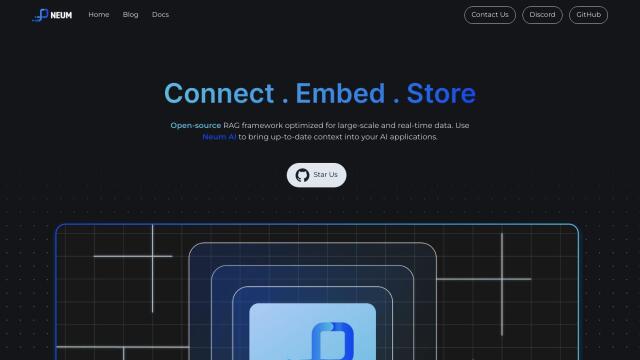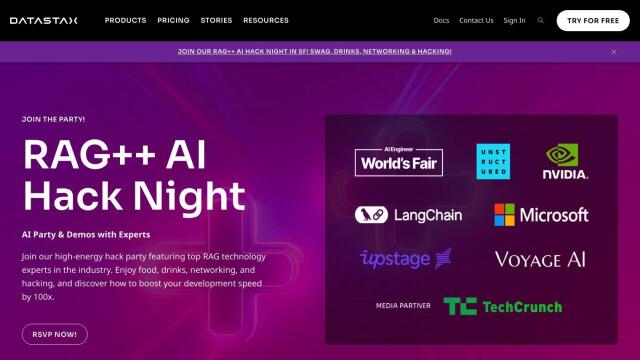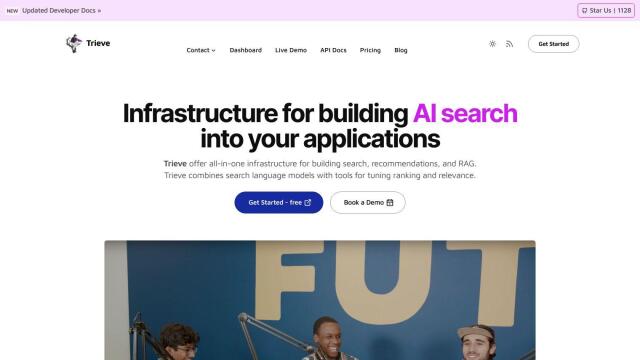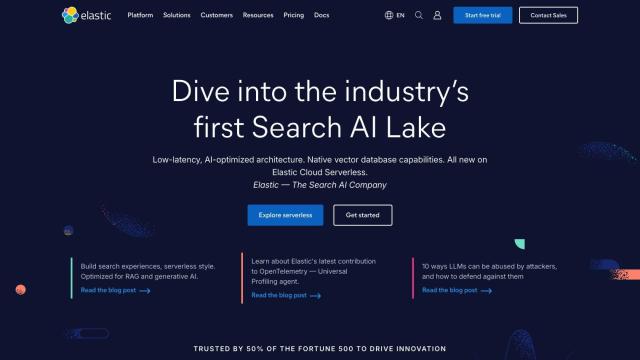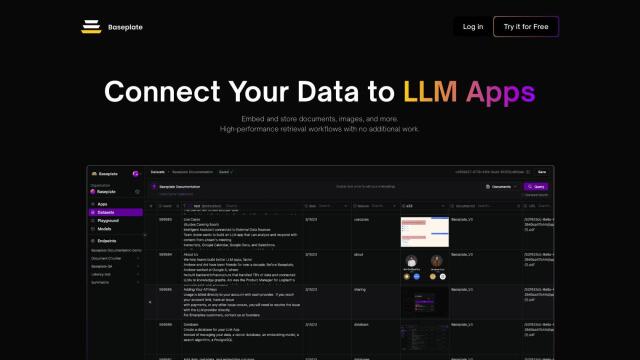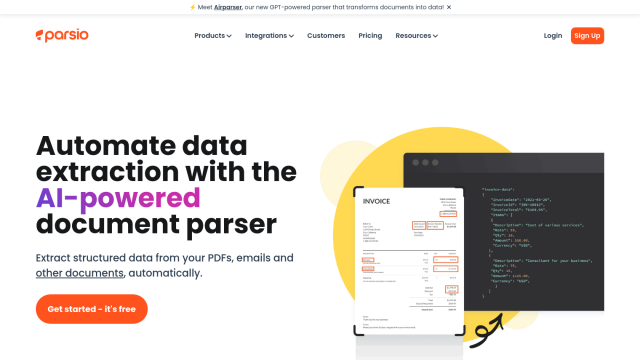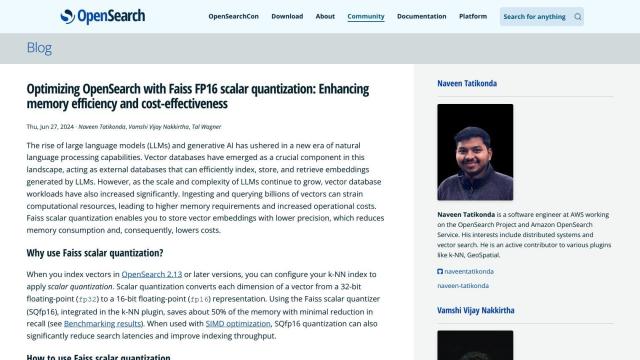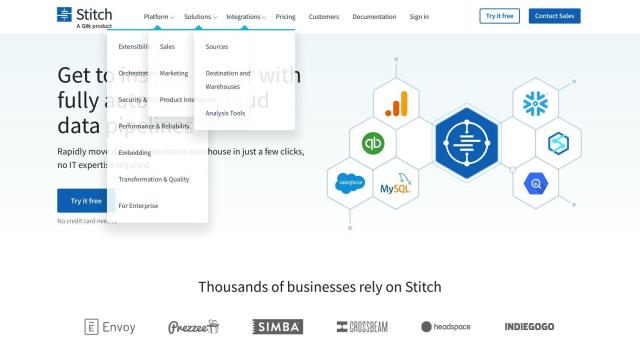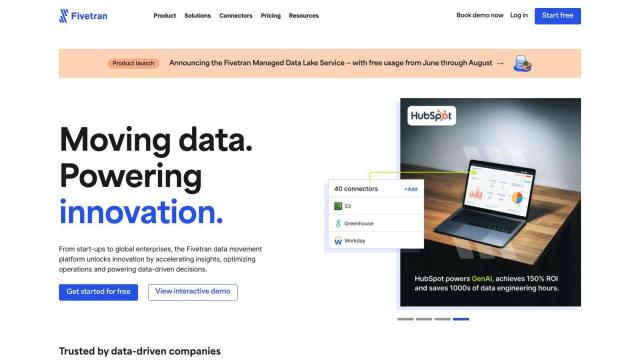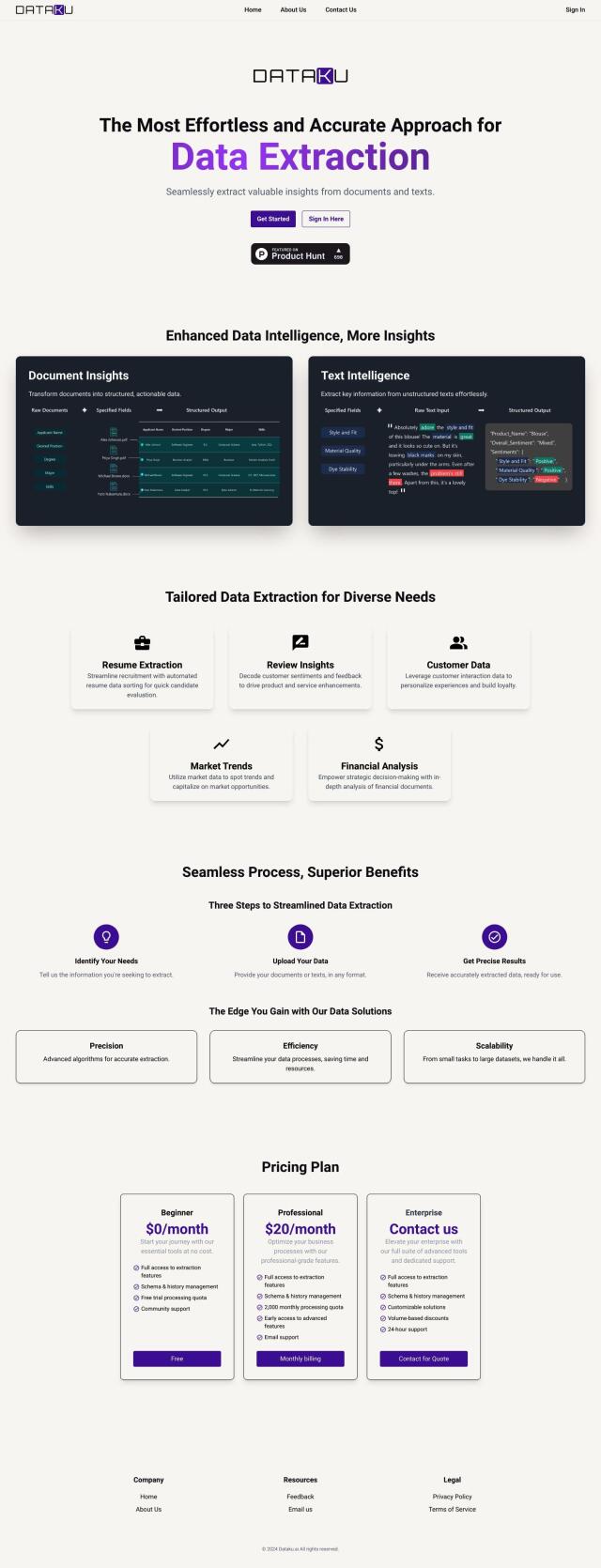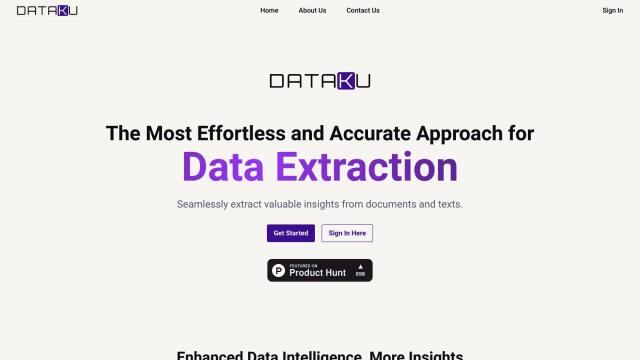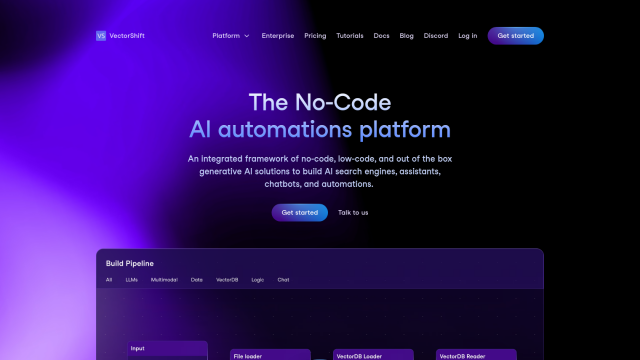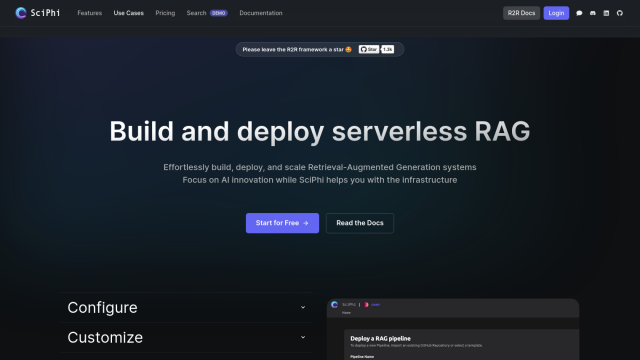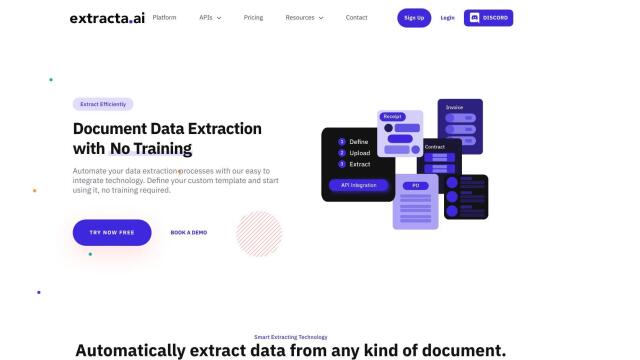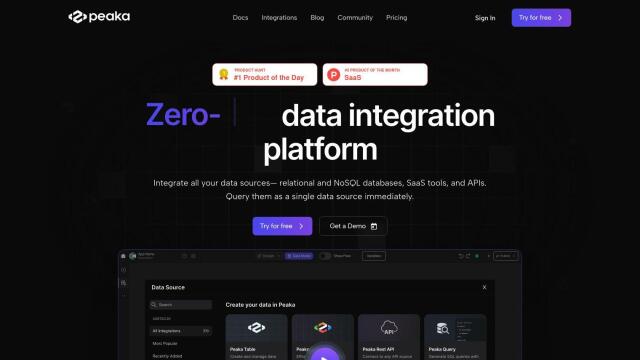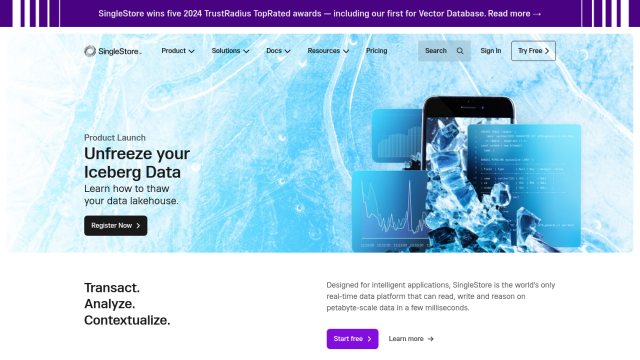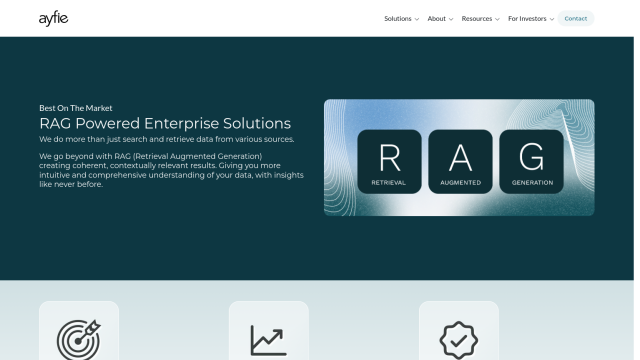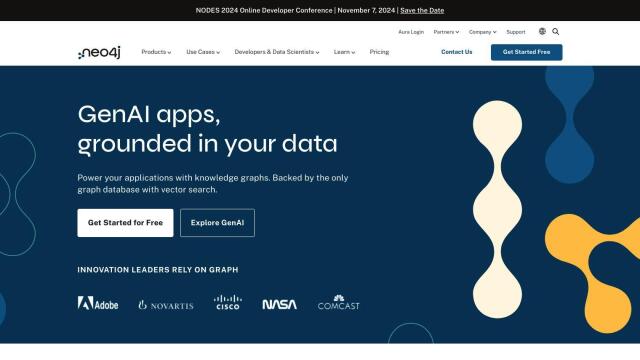Question: I'm looking for a solution that can extract unstructured data into various storage systems, including vector store destinations, do you know of one?
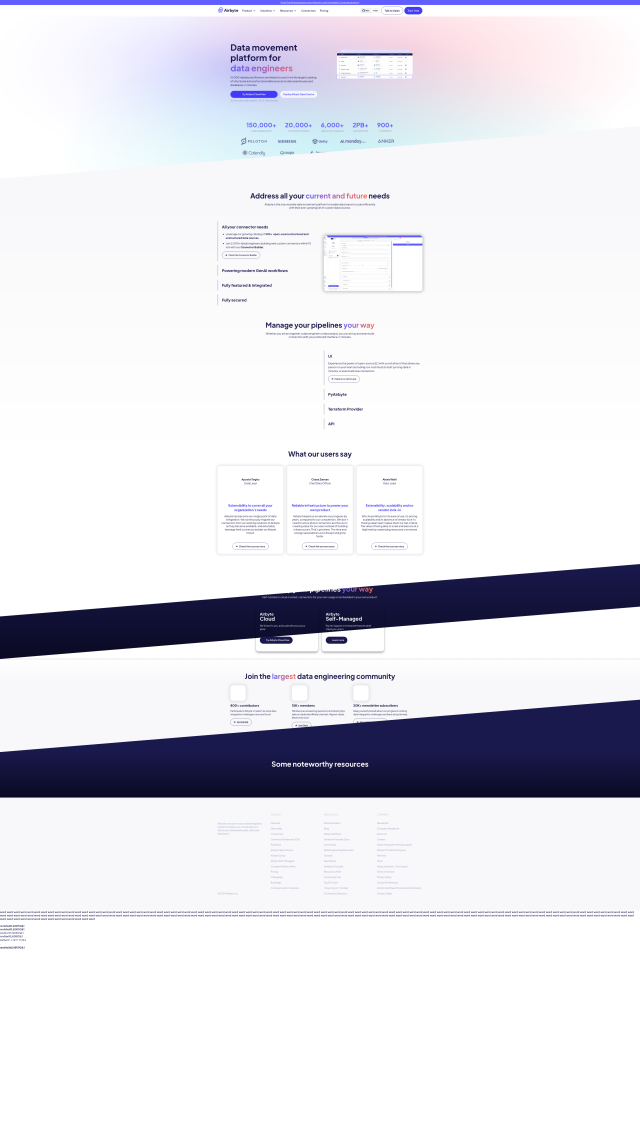
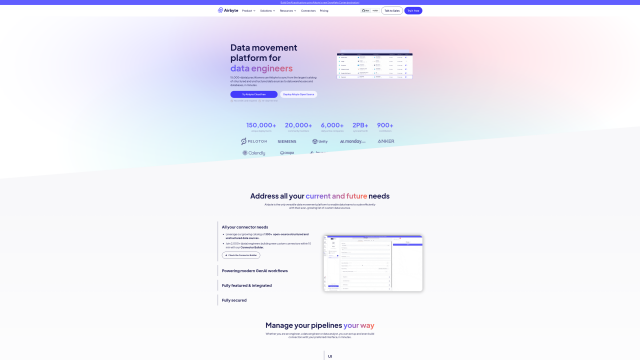
Airbyte
If you need a way to get unstructured data into a variety of storage systems, including vector store destinations, Airbyte is a good open-source data integration tool. It supports more than 300 data sources and several destinations, including Extract Unstructured Data for vector store destinations, key integrations like OpenAI, and strong security controls. Airbyte can be used in a variety of deployment scenarios and has an easy-to-use UI for managing pipelines.

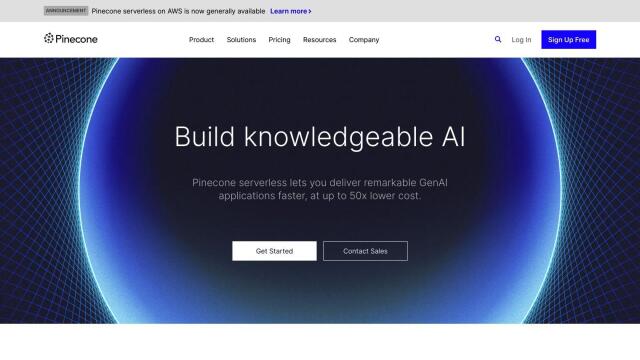
Pinecone
Another contender is Pinecone, a vector database geared for fast querying and retrieval of similar matches. It offers low-latency vector search, metadata filtering and real-time indexing, and it's designed to scale and be secure with SOC 2 and HIPAA compliance. Pinecone can be connected to a variety of data sources and models, and it's relatively inexpensive, with abundant documentation and a community.

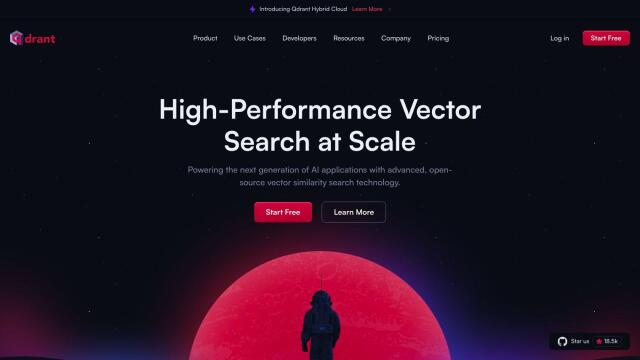
Qdrant
If you want an open-source option with high-performance processing, Qdrant is worth a look. It's designed to be cloud-native, so it scales easily and is easy to deploy, and it can be connected to leading embeddings and frameworks for more advanced search and data processing. Qdrant offers flexible pricing tiers and strong security controls, so it's a good option for developers who want to turn embeddings into a full-fledged application.

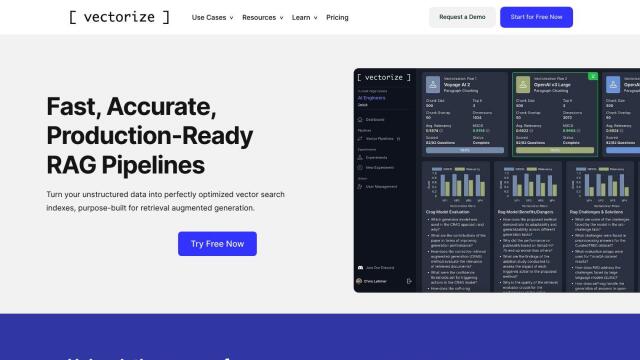
Vectorize
Last is Vectorize, an information retrieval system for Retrieval Augmented Generation (RAG) pipelines. It lets developers transform unstructured data into optimized vector search indexes, and it comes with built-in connectors to services like Hugging Face and Google Vertex. Vectorize can connect to several vector databases, and it has tiered pricing plans, so it's a good option for building RAG applications like chatbots and content generation engines.



